O živé hmotě (1955)
Género : Documental
Tiempo de ejecución : 0M
Director : Josef Vácha
Escritor : Josef Vácha
Sinopsis
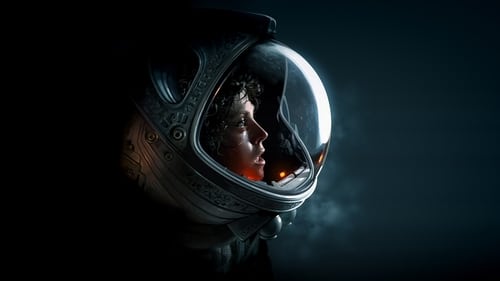
De regreso a la Tierra, la nave de carga Nostromo interrumpe su viaje y despierta a sus siete tripulantes. El ordenador central, MADRE, ha detectado la misteriosa transmisión de una forma de vida desconocida, procedente de un planeta cercano aparentemente deshabitado. La nave se dirige entonces al extraño planeta para investigar el origen de la comunicación.
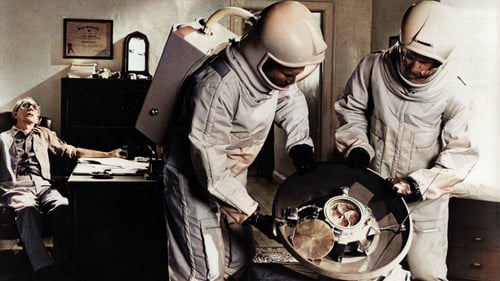
Después de que un satélite artificial se estrelle en una remota aldea de Nuevo Méjico, el equipo encargado de recuperarlo descubre que casi todos los habitantes del lugar han perecido víctimas de una horrible muerte, con la misteriosa excepción de un niño y un viejo. Los superviventes son trasladados a un laboratorio de avanzadísima tecnología situado a una profundidad de cinco pisos bajo tierra, donde los perplejos científicos tratan de determinar la naturaleza del mortífero microbio antes de que cause estragos en todo el mundo.
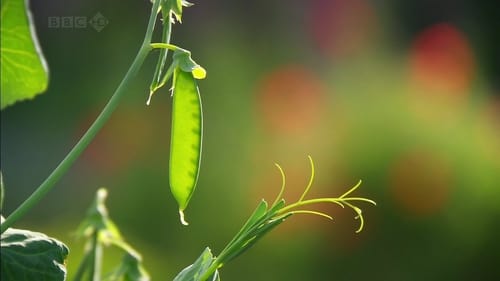
La gran visión de Darwin, que la vida ha evolucionado durante millones de años por selección natural, ha sido la piedra angular de todas las series de historia natural de David Attenborough. En este documental, nos lleva a un viaje profundamente personal que refleja su propia vida y la forma en que llegó a entender la teoría de Darwin.

En este desgarrador documental, una joven que prepara su tesis doctoral recurre a la cámara para dar visibilidad a su lucha diaria contra el síndrome de fatiga crónica.

La mayor revolución tecnológica del siglo XXI no es digital, es biológica. Un avance llamado CRISPR nos brinda un control sin precedentes sobre los componentes básicos de la vida. Abre la puerta a curar enfermedades, remodelar la biosfera y diseñar a nuestros propios hijos. Este documental es una exploración provocativa de las implicaciones de largo alcance de CRISPR, a través de los ojos de los científicos que lo descubrieron, las familias a las que afecta y los ingenieros genéticos que están probando sus límites.
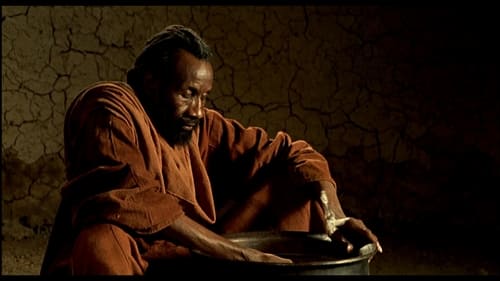
An African narrator tells the story of earth history, the birth of the universe and evolution of life. Beautiful imagery makes this movie documentary complete.
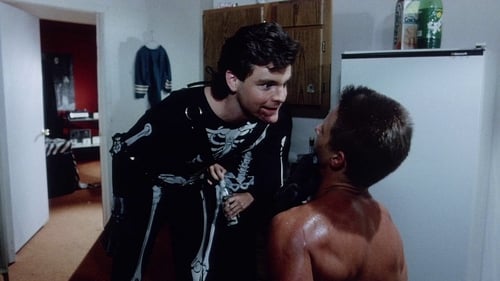
Sam y Frank, dos amigos que trabajan juntos en el periódico de la Universidad de Florida, inician una investigación al negarse el Dr. Ethridge a hablar sobre los experimentos que lleva a cabo en su laboratorio con monos. Una noche, al colarse en el laboratorio, Frank deslumbra a un simio con el flash de su cámara, quien asustado le ataca y hiere, inoculándole una misteriosa enfermedad.

A documentary series from Channel 4, hosted by professor Richard Dawkins, well-known darwinist. The series mixes segments on the life and discoveries of Charles Darwin, the theory of natural selection and evolution, and Dawkins' attempts at convincing a group of school children that evolution explains the world around us better than any religion.
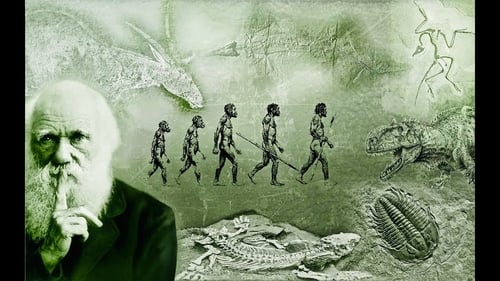
Earth teems with a staggering variety of animals, including 9,000 kinds of birds, 28,000 types of fish, and more than 350,000 species of beetles. What explains this explosion of living creatures—1.4 million different species discovered so far, with perhaps another 50 million to go? The source of life's endless forms was a profound mystery until Charles Darwin brought forth his revolutionary idea of natural selection. But Darwin's radical insights raised as many questions as they answered. What actually drives evolution and turns one species into another? To what degree do different animals rely on the same genetic toolkit? And how did we evolve?

Featuring Michael Pollan and based on his best-selling book, this special takes viewers on an exploration of the human relationship with the plant world -- seen from the plants' point of view. Narrated by Frances McDormand, the program shows how four familiar species -- the apple, the tulip, marijuana and the potato -- evolved to satisfy our yearnings for sweetness, beauty, intoxication.

Los científicos están sólo empezando a comprender la máquina más compleja en el universo conocido - el cerebro. Haremos a un viaje de descubrimiento en la historia evolutiva de nuestra última frontera biológica. Desde los primeros intentos de las investigaciones en neurocirugía a la cirugía láser robótico de hoy, las nuevas técnicas revolucionarias están finalmente el desentrañando de la historia del cerebro. Como resultado, hemos aprendido más en los últimos cinco años que en los anteriores 100.

Nos acercamos al funcionamiento del cuerpo humano de una manera como nunca se había visto antes, la obra definitiva para explicar cómo el hombre ha llegado a la cúspide de la pirámide evolutiva. Gracias a imágenes generadas por ordenador, cada episodio nos da un punto de visto único y nos lleva a un asombroso viaje evolutivo por las diferentes partes de nuestra anatomía.\n\nExtraordinarias imágenes científicas del cuerpo, que raramente han salido del laboratorio, también nos ayudan a comprender cómo funcionamos en detalle.
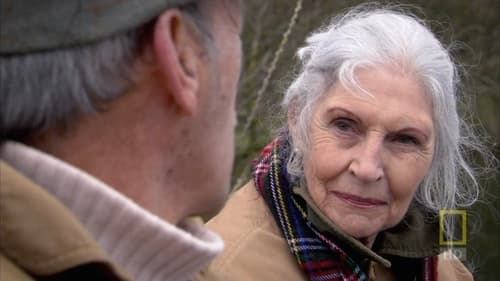
La historia de una vida humana, desde la primera hasta la última respiración. Contada desde dentro del cuerpo...
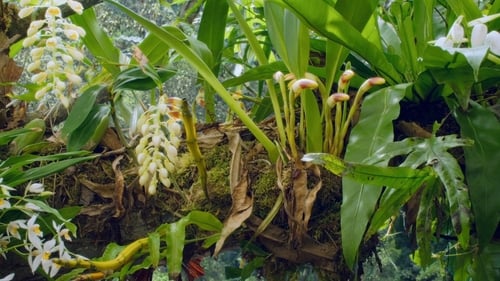
Over three very personal films, Sir David Attenborough looks back at the unparalleled changes in natural history that he has witnessed during his 60-year career.

The Creeping Garden is an independently-produced feature-length documentary, directed by Tim Grabham and Jasper Sharp and with an original soundtrack by Jim O’Rourke, depicting the world of myxomycetes, or plasmodial slime moulds, and the diverse array of research currently being conducted around them. The film boasts stunning original macroscopic time-lapse footage of these overlooked organisms, filmed within its natural habitat and in a controlled laboratory setting, and features interviews with artists, researchers and scientists involved in the fields of the visual arts, music, mycology, computing and robotics to explore ideas of biological-inspired design, emergence theory, unconventional computing and scientific modelling.

The animated documentary Proteus explores the nineteenth century's engagement with the undersea world through science, technology, painting, poetry and myth. The central figure of the film is biologist and artist Ernst Haeckel, who found in the depths of the sea an ecstatic and visionary fusion of science and art.

Cutting-edge medical technology and riveting, life-or-death personal dramas combine in this unprecedented, emotionally compelling exploration of The Incredible Human Body.

In 1858 Charles Darwin struggles to publish one of the most controversial scientific theories ever conceived, while he and his wife Emma confront family tragedy.

Are the medicines and every day products we use putting us at risk RESISTANCE sheds light on the global crisis of antibiotic resistance and uncovers how our extensive use of bacteria-killing antibiotics has created a new kind of disease, resistant to the medicines created to destroy it.
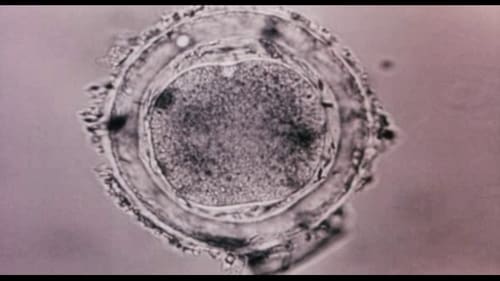
Documentary footage from various sources, set to music. Showing the whole of human life, from birth to death and beyond.


















